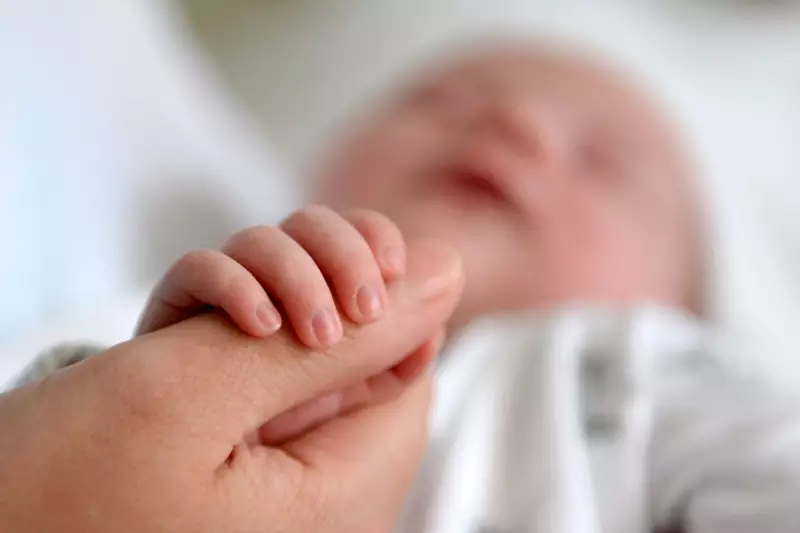
Across Britain, a quiet revolution is reshaping traditional family narratives. The number of women reaching middle age without children has nearly doubled in a generation, creating a significant demographic shift that challenges long-held societal expectations.
While infertility affects many, the majority of childless women have made a conscious choice to remain without children. This decision stems from a complex interplay of financial pressures, career ambitions, environmental concerns, and simply not feeling the maternal "instinct" society assumes all women possess.
The Financial Reality of Modern Parenting
The staggering cost of raising a child in the UK—estimated at over £160,000 until age 18—has become a prohibitive factor for many. With soaring housing costs, stagnant wages, and economic uncertainty, countless women are making the rational calculation that parenthood represents an unsustainable financial burden.
Breaking the Stereotype
Contrary to persistent myths, child-free women are not necessarily lonely, unfulfilled, or selfish. Many lead rich, meaningful lives filled with careers, relationships, hobbies, and community involvement. The outdated notion that womanhood must equate to motherhood is being systematically dismantled.
The Infertility Conversation
For those who experience involuntary childlessness, the emotional toll can be profound. Yet their stories often remain hidden, overshadowed by society's assumption that childlessness is always a choice. Creating space for these diverse experiences is crucial to understanding the full spectrum of women's reproductive lives.
A Society in Transition
As Britain continues to evolve, the growing acceptance of diverse life paths represents progress toward genuine choice for women. Whether by circumstance or decision, the increasing visibility of child-free women is prompting important conversations about value, purpose, and what constitutes a "complete" life.
The narrative is shifting from pity or suspicion toward understanding and respect for personal autonomy in reproductive decisions.





